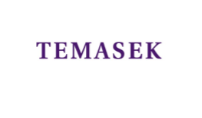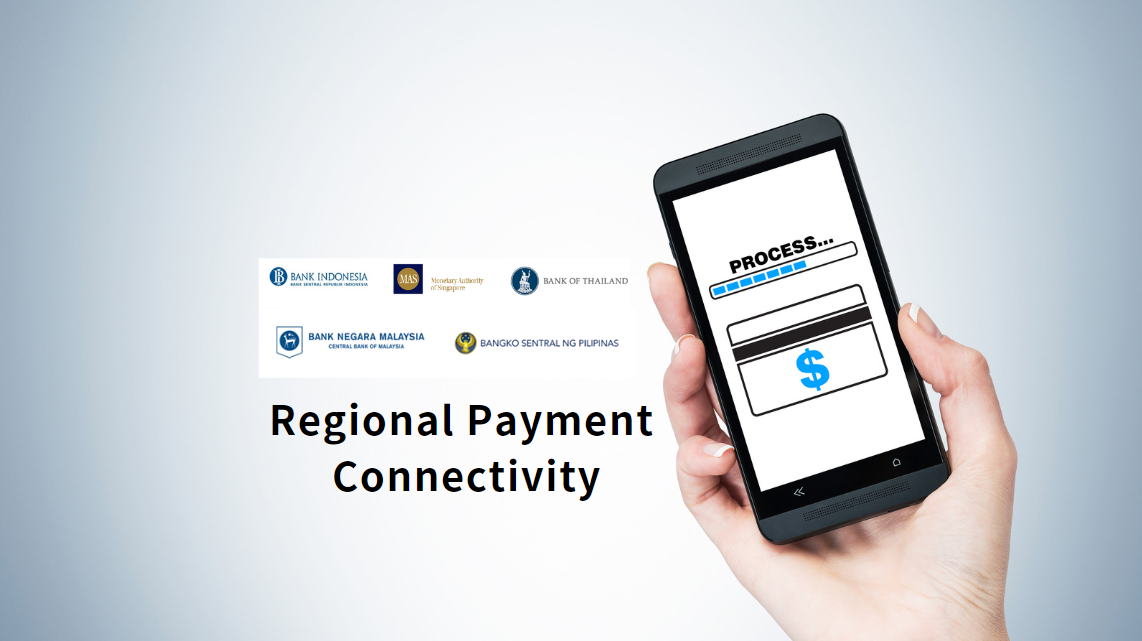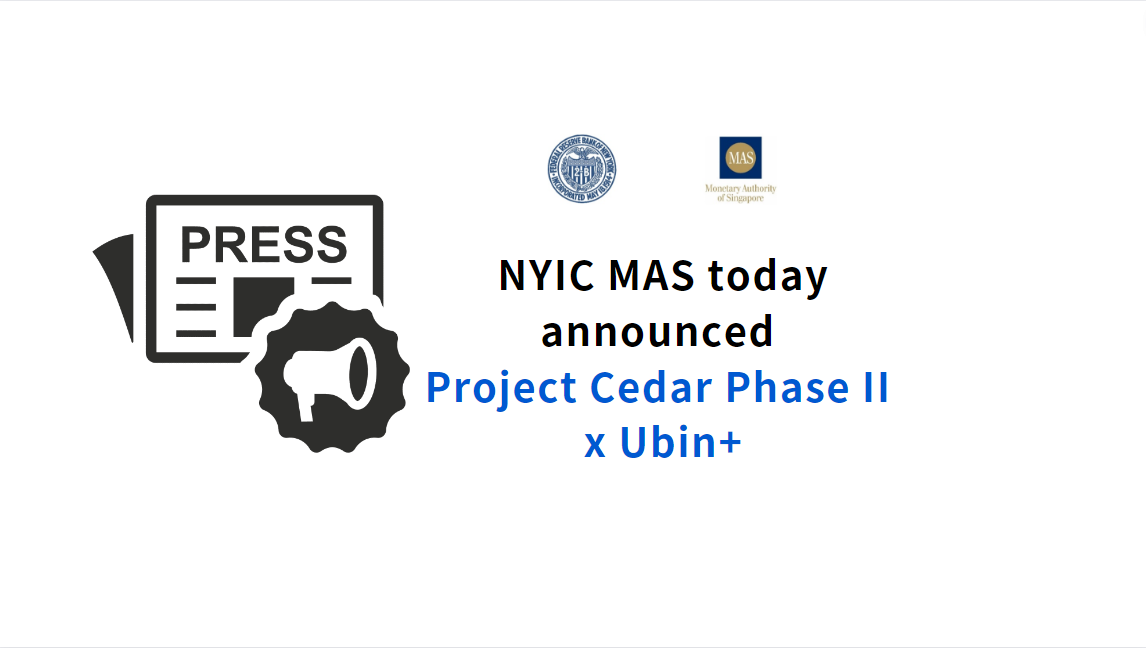MAS Statement to Address Misconceptions in the Wake of Collapse of FTX
A first misconception is that it was possible to protect local users who dealt with FTX, such as by ringfencing their assets or ensuring that FTX backed its assets with reserves. MAS cannot do this as FTX is not licensed by MAS and operates offshore [1] . MAS has consistently warned about the dangers of dealing with unregulated entities.
A second question is why MAS treated Binance.com (Binance) differently from FTX, specifically why it was placed on the Investor Alert List (IAL) while FTX was not.
While both Binance and FTX are not licensed here, there is a clear difference between the two: Binance was actively soliciting users in Singapore while FTX was not. Binance in fact went to the extent of offering listings in Singapore dollars and accepted Singapore-specific payment modes such as PayNow and PayLah.
MAS received several complaints about Binance between January and August 2021. There were also announcements in multiple jurisdictions of unlicensed solicitation of customers by Binance during the same period.
With regard to FTX, there was no evidence that it was soliciting Singapore users specifically. Trades on FTX also could not be transacted in Singapore dollars. But as in the case of thousands of other financial and crypto entities that operate overseas, Singapore users were able to access FTX services online.
MAS placed Binance on the IAL because it had solicited Singapore users without a licence. Further, on MAS’ referral, the Commercial Affairs Department commenced investigation into Binance for possible contravention of the Payment Services Act (PS Act). There was no reason to place FTX on the IAL as there was no evidence that it had contravened the PS Act.
MAS required Binance to stop soliciting Singapore users [3] . To assure MAS that it was no longer doing so, Binance put in place various measures including geo-blocking of Singapore IP addresses and the removal of its mobile application from Singapore app stores. These measures were intended to demonstrate beyond doubt that Binance had ceased soliciting and providing services to Singapore users. Should Binance decide now to dismantle some of these restrictions, it has to continue to comply with the prohibition against soliciting Singapore users without a licence.
A third question is whether MAS should exhaustively list on the IAL and provide information on all the offshore crypto exchanges in the world. There are hundreds of such exchanges, and thousands of other entities offshore that accept investments in non-crypto assets. It is not possible to list all of them and no regulator in the world has done so.
The purpose of the IAL is to warn the public of entities that may be wrongly perceived as being MAS-regulated, especially those which solicit Singapore customers for financial business without the requisite MAS licence. It does not mean that the thousands of other entities operating offshore, which are not listed on the IAL, are safe to deal with.
In addition to maintaining the IAL, MAS publishes a Financial Institutions Directory on its website that is an exhaustive list of all MAS-regulated entities.
The most important lesson from the FTX debacle is that dealing in any cryptocurrency, on any platform, is hazardous.
Crypto exchanges can and do fail. Even if a crypto exchange is licensed in Singapore, it would be currently only regulated to address money-laundering risks, not to protect investors. This is similar to the approach currently taken in most jurisdictions. MAS has recently published a consultation paper proposing basic investor protection measures for crypto players who are licensed to operate in Singapore.
Further, even if a crypto exchange is well-managed, cryptocurrencies themselves are highly volatile and many of them have lost all value.
The ongoing turmoil in the crypto industry serves as a reminder of the huge risks of dealing in cryptocurrencies. As MAS has repeatedly stated, there is no protection for customers who deal in cryptocurrencies. They can lose all their money.






















































First, please LoginComment After ~